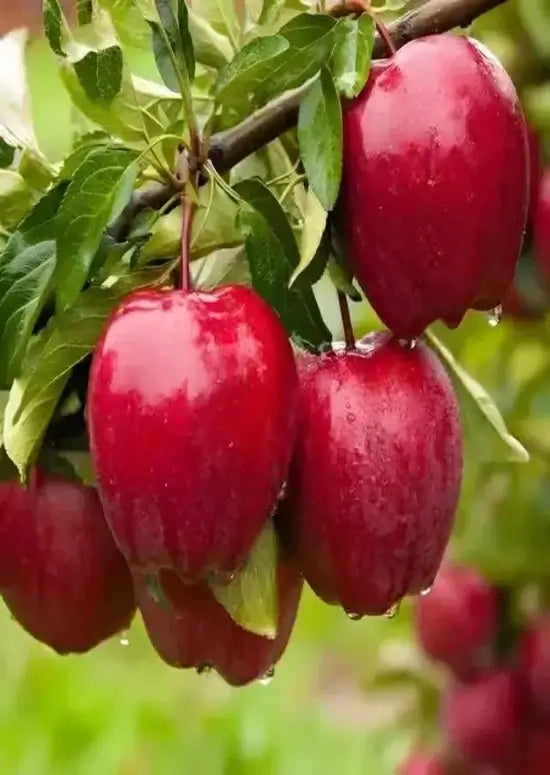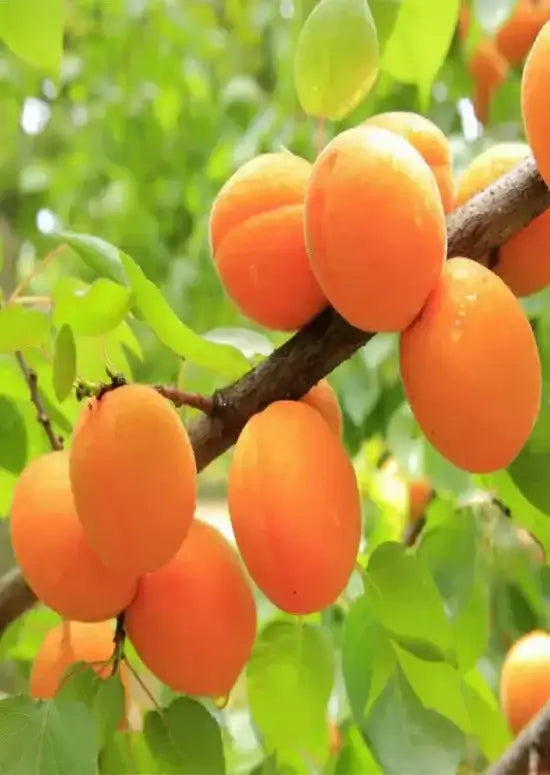Planting the fruiting plum trees is a proven way of securing food when you want to preserve the fruit.
Different types of plum trees include the cherry plum, Santa Rosa Plum, Methley Plum, Peaches and Cream Plum, Damson Plum, Sandhill Plum, and Doris plum.
Fruiting plum trees require proper care to produce good fruit. You will harvest from these trees for many years with regular maintenance. Fruiting plum trees are easy to grow and provide delicious fruit that adds a spicy taste to your meals and the Advantages of Plum Trees.
Advantages of Planting The Fruiting Plum Trees
1. A Source of Food
When you plant the fruiting Plum Trees, then you will have a source of food that is healthy to eat as it has fewer calories as compared to a regular meal.
2. Renowned for their Good Flavor
The fruit has a great flavor, making it delicious and enjoyable, especially if they ripen. It can be eaten fresh, dried, or canned and stored for future use. Most fruits contain a lot of sugar which makes them very sweet.
3. Contains Very Healthful Fruits
Plum fruit is known for its fantastic health benefits. It contains phytochemicals that help protect you from various diseases and lower your chances of cancer and heart attack-the fibers in the plum fruit act as a good laxative that can prevent constipation.
4. You Will Be Able to Harvest Fruits for Many Years
Planting the fruiting plum trees will allow you to harvest fruits for many years and enjoy their growing fruit. You can use these fruits to make jams, preserves, and dried or canned items and preserve them so they do not spoil when exposed.
Planting fruiting plum trees is a proven way to get delicious and healthy fruit that will benefit you in many ways. Plants are easy to care for and require minimal effort but are highly rewarding when grown successfully. The fruiting plum trees are planted in the garden, home, or small backyard.



































































































